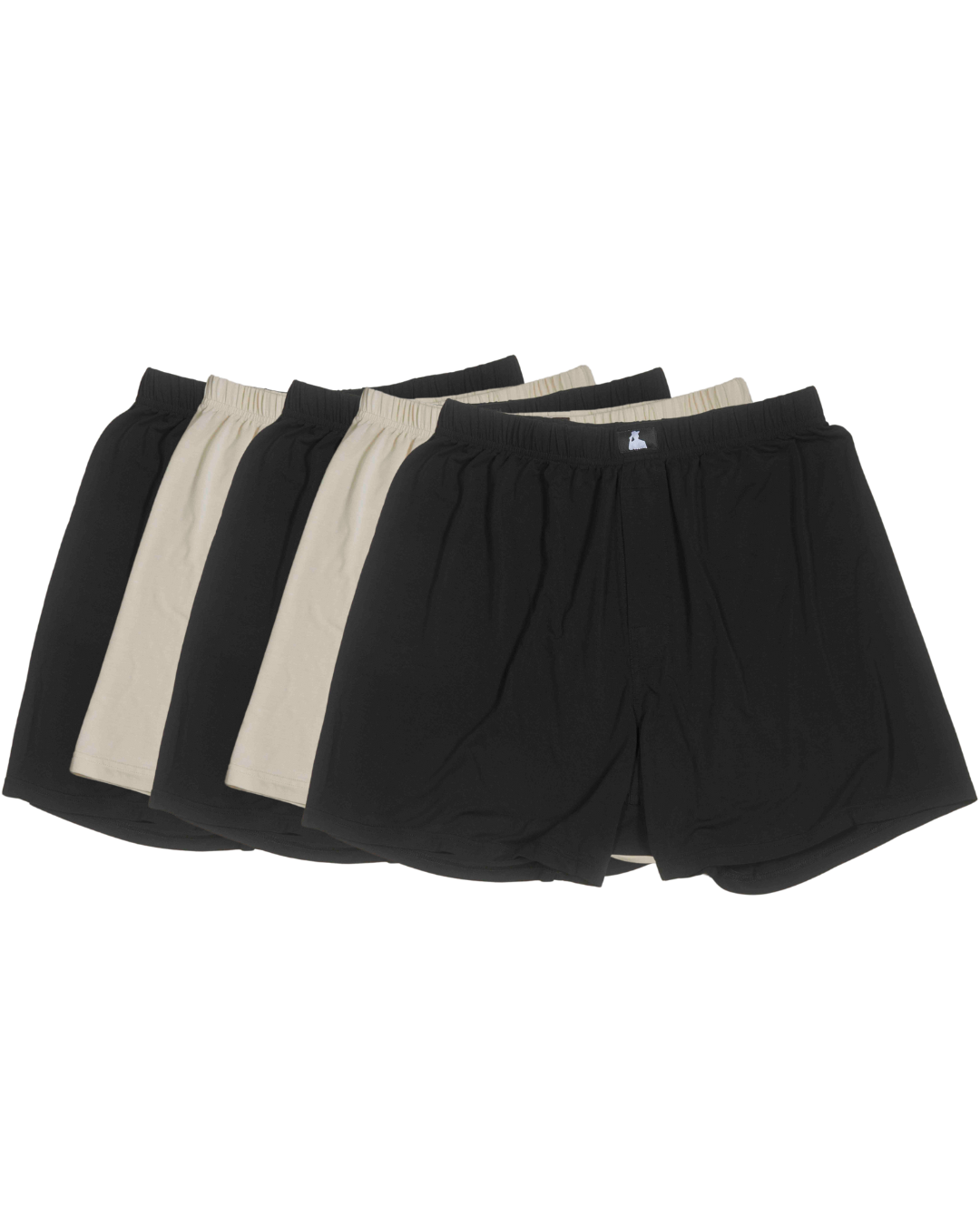What Does the Research Actually Say?
When we look at scientific studies, the picture is mixed. Some evidence does suggest a connection between high-PUFA oils and lower testosterone – but often with important caveats. For example, a recent study of over 2,500 middle-aged men in Finland initially noted that those who ate more polyunsaturated fat had slightly lower total and free testosterone on average [8]. Interestingly, men with higher saturated fat intake (think butter or animal fat) showed higher T levels in that basic analysis [8]. This seems to support the seed-oil skeptics. But after the researchers adjusted for other factors like body weight, exercise, and overall diet quality, those differences became not statistically significant [8]. In other words, once they accounted for general lifestyle, the type of fat alone didn’t independently drive testosterone levels. Their conclusion: dietary fat quality by itself was not an independent determinant of testosterone in reasonably healthy men [12].
Likewise, a systematic review on low-fat vs. higher-fat diets found only a modest effect of diet fat on testosterone, and urged caution in over-interpreting small short-term changes [8]. It appears that factors like losing excess weight, exercising, and getting enough sleep may have a much bigger impact on testosterone than whether your salad dressing is made with soybean oil or olive oil.
It’s also worth noting some fascinating animal studies that highlight how complex this topic is. In one study on rats, those fed a canola oil-rich diet had significantly lower testosterone levels than rats fed soybean oil [13]. (Canola and soybean are both seed-derived oils, but their fatty acid profiles differ.) This finding hinted that certain processed oils might negatively affect hormone metabolism in that model. Yet, a different study on mice found the opposite outcome: when researchers added a large amount of soybean oil to the mice’s diet for 16 weeks, the mice actually ended up with higher testosterone levels than a control group [14]. The high-PUFA intake in that case seemed to stimulate the animals’ hormone pathways (possibly by raising luteinizing hormone, which signals the testes to produce T) [14]. These are extreme scenarios, but they underline that the biological effects of fats can vary and are not one-dimensional.


